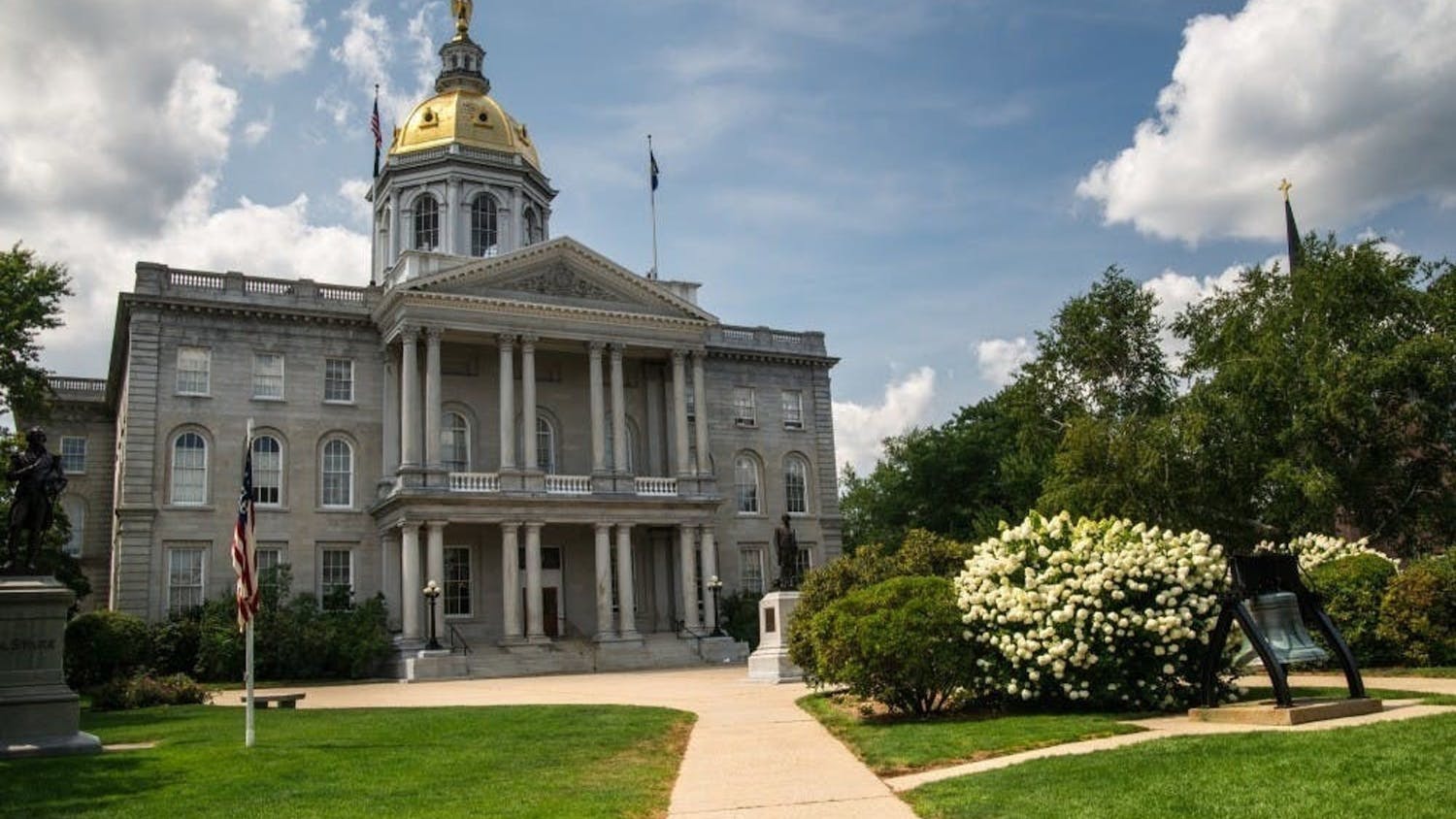Justin Anderson, current interim vice president for communications, was appointed vice president for communications yesterday, the office of public affairs announced.
Anderson said that he is honored by the appointment made by College President Phil Hanlon. He noted that he was thrilled to have the opportunity to share the College’s stories with a large audience.
Anderson said that he thinks people outside of the College can sometimes possess a “one-dimensional” view of Dartmouth. He said that part of his job is to improve and expand people’s understanding of the College.
He said he hopes to be able to share the details that make the College distinct from other institutions of higher education with the largest possible audience.
“I am hoping to expand the audience of people that know and appreciate all of the great things that happen at Dartmouth,” he said.
Anderson served as interim vice president for communications since November after Thomas Bruce left the position. He began working at Dartmouth as director of media relations in 2011 after working at ABC News for 13 years as a broadcast journalist.
He said that due to his work as interim vice president there would be no transitional time as he understands the College and the responsibilities of the job.
“I’ve been doing the job, and I understand what it takes to be successful,” Anderson said.
Since beginning his work as interim vice president in November, Anderson said he is proud of the way that the office of public affairs communicated with both the “internal” and “external” Dartmouth communities about Hanlon’s “Moving Dartmouth Forward” policy initiative.
Anderson said he feels proud of the leadership Hanlon has shown in the area of student life.
“If I am able to, in a small way, contribute to peoples’ understanding about what he is trying to accomplish, it’s a great thing and I’m very pleased by that,” he said.
He said that every school could face stories in the media that point out instances of hazing, high-risk drinking or sexual assault.
“I think what we want to do is acknowledge that those things are happening and demonstrate that we are doing everything to alleviate the harm associated with them,” Anderson said.
He noted that the office of public affairs should be more concerned with the positive actions at the College, as these will lead to positive coverage, rather than controlling the coverage.
“As long as we are taking positive action, that will be treated positively by the media,” Anderson said.
David Spalding ’76, former senior vice president and senior advisor to the president of the College, said that Anderson is a strategic thinker and always keeps the College’s overall strategy in mind when it comes to communication.
“He’s very responsive to the press because he’s been on the other side of the microphone and he brings that experience here,” Spalding said.
Bill Helman ’80, chairman of the Board of Trustees, also highlighted Anderson’s strategic thinking, adding that Anderson has been at Dartmouth long enough to know a significant amount about the College.
“What [Anderson] does is bring an understanding of the whole Dartmouth story,” he said.
Provost Carolyn Dever said that Anderson is confident and has a clear vision for the College.
“He has seen our campus through transitions and development and good times and bad, with a kind of deft touch that is very impressive,” Dever said.
She said Anderson is a great colleague and she is excited to continue working with him on a more permanent basis.
“I think he will be instrumental in telling Dartmouth’s story, in all its complexity, powerfully in the global media,” Dever said.



